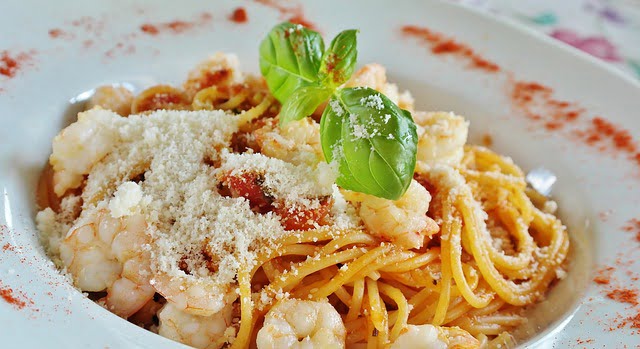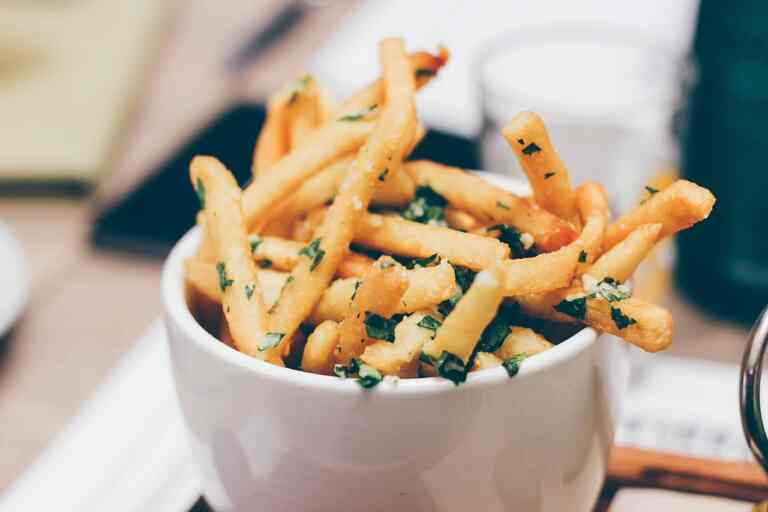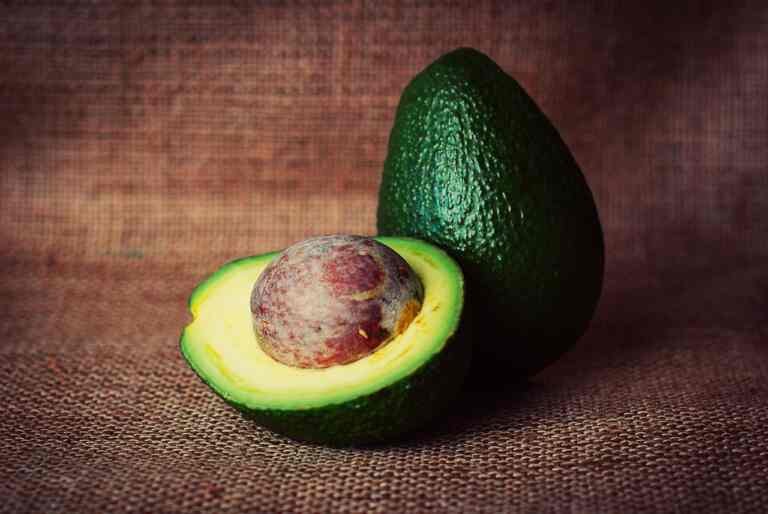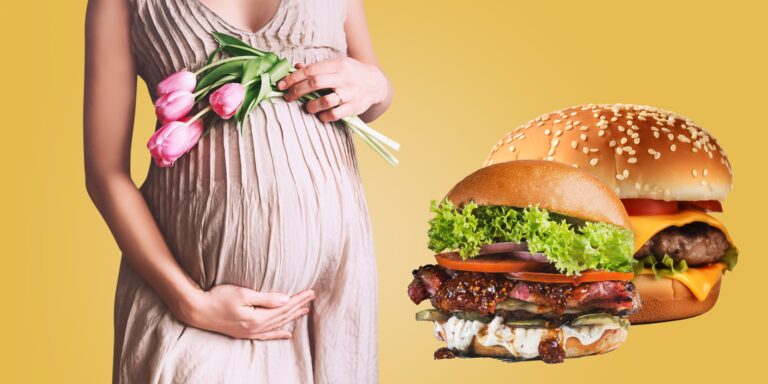Can We Eat Noodles During Pregnancy?
Can We Eat Noodles During Pregnancy? Pregnancy is a time when expectant mothers are more conscious of their dietary choices to ensure the health and well-being of both themselves and their growing baby. Noodles, a popular and convenient food option, may raise questions about their suitability for consumption during pregnancy. Let’s explore the topic and uncover the considerations involved.
Types of Noodles:
Before discussing the safety of noodles during pregnancy, it’s important to understand the different types available:
- Wheat-Based Noodles: Noodles made from wheat flour, such as spaghetti, fettuccine, and udon, are common in many cuisines.
- Rice Noodles: These noodles are made from rice flour and are commonly used in Asian dishes like pad Thai and pho.
- Egg Noodles: As the name suggests, egg noodles contain eggs in addition to wheat flour, giving them a distinct texture and flavor.
Safety and Considerations:
- Nutritional Value: Noodles, particularly whole wheat or brown rice noodles, can be a part of a healthy pregnancy diet. They are a good source of carbohydrates, which provide energy, and can be paired with nutrient-rich ingredients like vegetables, lean proteins. And healthy fats to create a balanced meal.
- Fortification: Some noodle brands offer fortified versions that contain added nutrients like iron, folic acid, and B vitamins. These fortified options can be beneficial during pregnancy as they help meet increased nutrient needs.
- Sodium Content: Instant noodles or pre-packaged noodle products often contain high levels of sodium. It can contribute to fluid retention and elevated blood pressure. It’s advisable to read labels carefully and opt for low-sodium varieties or prepare homemade noodle dishes with controlled salt levels.
- Flavoring and Additives: Some noodle seasonings or flavoring packets may contain artificial additives, preservatives, or high levels of sodium. It’s best to choose plain noodles and season them with natural herbs, spices, and healthier sauces to avoid unnecessary additives.
- Food Safety: If consuming noodle dishes that include meat or seafood. It’s important to ensure that they are cooked thoroughly to prevent any risk of foodborne illnesses. Proper handling, cooking, and storage of ingredients are essential to minimize the risk of bacterial contamination.
- Personalized Dietary Needs: Every pregnancy is unique, and individual dietary needs may vary. If you have specific health conditions or concerns, it’s always advisable to consult with your healthcare provider or a registered dietitian for personalized guidance on including noodles in your pregnancy diet.
Can We Eat Noodles During Fever?
Fevers are often accompanied by decreased appetite and a general feeling of unwellness. During this time, it’s important to choose foods that are easily digestible, provide nourishment, and promote hydration. Noodles, a popular comfort food, may seem like a convenient option. Let’s explore the topic and uncover the considerations involved in consuming noodles during a fever.
- Easy Digestion: Noodles, especially when cooked al dente, can be easier to digest compared to heavy or greasy meals. They are a source of carbohydrates that provide energy and can help replenish depleted energy levels during a fever.
- Hydration: Noodles cooked in broth or consumed with soup can contribute to hydration. Fevers often lead to increased perspiration and fluid loss, so it’s essential to stay adequately hydrated to prevent dehydration. Including broth-based noodles in your diet can be a way to replenish fluids.
- Nutritional Content: The nutritional content of noodles can vary depending on the type and preparation method. Whole grain or whole wheat noodles offer more fiber and nutrients compared to refined flour varieties. Additionally, adding vegetables, lean proteins, and healthy fats to your noodle dish can enhance its nutritional value.

Can We Eat Noodles During COVID-19?
During the COVID-19 pandemic, many people have become more conscious about their food choices and their potential impact on their health and immune system. Noodles, a popular and versatile food option, may raise questions about their suitability for consumption during this time. Let’s explore the topic and uncover the considerations involved.
- General Safety of Noodles: Noodles, including varieties like wheat-based, rice-based, or egg-based, can be consumed safely during the COVID-19 pandemic. Proper handling, cooking, and hygiene practices should be followed when preparing noodles to ensure food safety.
- Nutritional Value: Noodles can be a part of a balanced diet as they provide carbohydrates. Which are an essential source of energy. The nutritional content of noodles can vary depending on the type and preparation method. Opting for whole grain or whole wheat noodles can provide additional fiber and nutrients compared to refined flour varieties.
- Homemade Noodle Dishes: Preparing homemade noodle dishes allows you to control the ingredients and ensure the freshness and quality of the food. You can include a variety of vegetables, lean proteins, and healthy fats to make a nutritious and well-rounded meal.
- Sodium Content: Some instant or pre-packaged noodles may contain high levels of sodium, which can contribute to health issues such as high blood pressure. It’s advisable to read labels carefully and opt for low-sodium varieties or use homemade broths with controlled salt levels.
- Hydration: Noodles cooked in broth or consumed with soup can contribute to hydration, which is important for overall health and well-being. Adequate hydration supports the proper functioning of bodily systems, including the immune system.
- Food Safety: It’s important to follow general food safety guidelines when handling and preparing noodles. Wash your hands thoroughly before cooking, clean cooking surfaces and utensils properly, and ensure that ingredients are stored and handled correctly.
- Personalized Dietary Needs: Every individual has unique dietary needs, and it’s essential to consider any specific health conditions or allergies when including noodles in your diet. If you have any concerns or questions about your dietary choices during COVID-19, consulting with a healthcare professional or registered dietitian can provide personalized guidance.
Can We Eat Noodles During a Cough?
Coughs can be uncomfortable and disruptive to our daily lives. During this time, it’s important to choose foods that are soothing and easy to swallow, while also providing nourishment. Noodles, a popular comfort food, may seem like a convenient option. Let’s explore the topic and uncover the considerations involved in consuming noodles during a cough.
- Soothing Properties: Noodles, especially when served in warm broth or soup, can have a soothing effect on the throat. The warmth and moisture can provide relief and alleviate discomfort caused by coughing.
- Hydration: Maintaining proper hydration is crucial when dealing with a cough. Noodles cooked in broth or consumed with soup can contribute to fluid intake and help prevent dehydration, which is important for overall well-being and supporting the body’s natural healing process.
- Nutritional Content: Noodles can be a source of carbohydrates, which provide energy. Choosing whole grain or whole wheat noodles can offer additional fiber and nutrients compared to refined flour varieties. Adding vegetables, lean proteins, and healthy fats to your noodle dish can enhance its nutritional value and provide additional nutrients to support your immune system.
Conclusion
Noodles can be safely consumed during pregnancy, provided certain considerations are kept in mind. Opt for whole wheat or brown rice noodles for added nutritional value, and be mindful of the sodium content and flavorings used. Homemade noodle dishes with fresh ingredients are a healthier option compared to instant or pre-packaged varieties. Always prioritize food safety and ensure that meat or seafood is cooked thoroughly. As with any dietary decision during pregnancy, consulting with a healthcare professional or registered dietitian can provide personalized guidance based on your specific needs and concerns. Enjoy noodles as part of a well-balanced and varied pregnancy diet.
This article is reviewed by Russel, before publishing. If you have any doubt, you can contact us or consult with your nearby doctor. Remember, in medical matters, there is no same advice, cure, and medicine for all.






